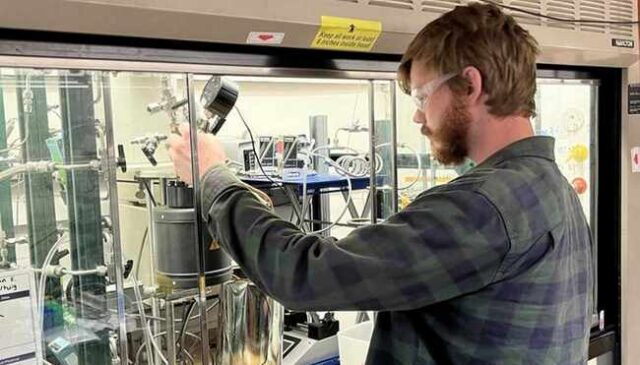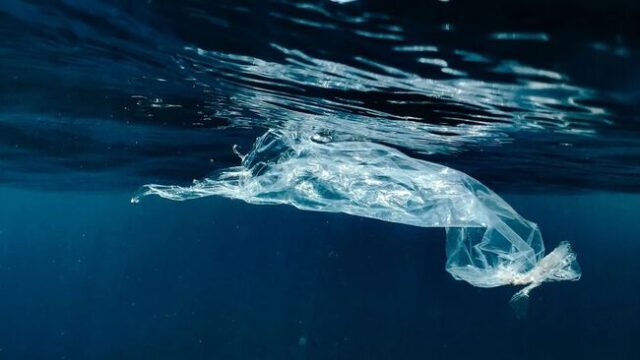
Scientists at Lawrence Berkeley National Laboratory have developed an innovative chemical process that could revolutionize plastic recycling by effectively “vaporizing” common plastic waste, such as bags and bottles, into hydrocarbon building blocks. This new process works on polyethylene and polypropylene, the primary components of most consumer plastics, including single-use bags and rigid containers. The breakthrough allows these plastics, often seen as challenging to recycle, to be broken down into their monomers, which can then be reused to create new polymers. This advancement marks a significant step towards a circular economy, reducing the reliance on fossil fuels for producing virgin plastics and addressing the vast amounts of plastic waste that end up in landfills and oceans.

The key to this process is the replacement of costly, fragile metal catalysts with more robust, affordable ones that are already widely used in the chemical industry. Previously, the process was limited by the instability and expense of the catalysts, which hindered scalability. Now, with the use of solid catalysts like sodium on alumina and tungsten oxide on silica, the process can be scaled up through continuous flow systems that are capable of handling large volumes of plastic waste. This development not only makes the recycling process more efficient and economically viable but also holds the potential to drastically reduce the environmental impact of plastics, which are projected to remain a significant waste challenge for decades to come.